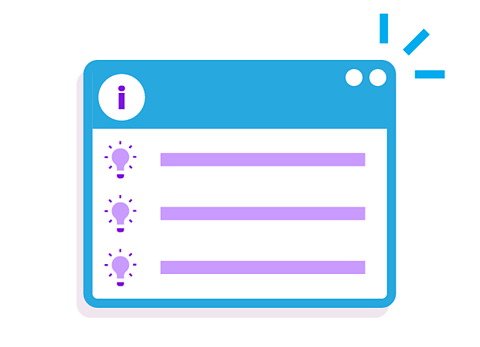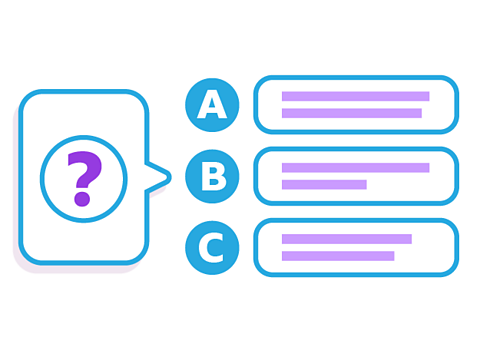Key points about 'usted' and 'ustedes' in Spanish

Use Sorry, something went wrongCheck your connection, refresh the page and try again. and Sorry, something went wrongCheck your connection, refresh the page and try again. instead of Sorry, something went wrongCheck your connection, refresh the page and try again. and Sorry, something went wrongCheck your connection, refresh the page and try again. to address people in a polite way.
Usted can be shortened to Ud and ustedes can be shortened to Uds.
The verb ending for usted is the same as third person singular.
Addressing someone in Spanish
There are two ways of addressing someone in Spanish, translated as āyouā, in both the singular and plural forms of the verb.
In the singular there is the informal Sorry, something went wrongCheck your connection, refresh the page and try again. form and the formal Sorry, something went wrongCheck your connection, refresh the page and try again. form.
In the plural there is the informal Sorry, something went wrongCheck your connection, refresh the page and try again. form and the formal Sorry, something went wrongCheck your connection, refresh the page and try again. form.
It is important to know when to use each one.
When and how to use the formal 'usted'/'ustedes'
Use usted with older people and those who you want to show more respect to. For example, at work, you would address your boss with usted and not with ³ŁĆŗ. Even if your boss is younger than you, usted would be the correct word to use, unless youāve been asked by your boss to use ³ŁĆŗ.
In general, you should use it with anyone who looks older than you.
In Spain most students call their teacher by their first name and address them as ³ŁĆŗ, as teacher-student relationships in Spain are more informal.

Did you know?
Some cultures are more informal than others. For example, Spanish speakers in Spain tend to use formal speech less often than speakers in Central and South America. In these countries, a good rule is to default to formal speech and use usted and ustedes when in doubt.
Most people in Central and South America also use usted with their grandparents, their friendsā parents, and sometimes even their own parents or other family members who are older than them.
The abbreviated forms 'Ud.' and 'Uds.'
The abbreviated version of usted is Ud. The shortened version of ustedes is Uds.
The shortened forms Ud. and Uds. need to be capitalised.
The verb endings used with 'usted' and 'ustedes'
The verb ending for usted is the same as the third person singular (the same as the āhe/sheā part of the verb).
When youāre speaking to more than one person formally, the pronoun is ustedes and the verb ending for ustedes is the same as the third person plural (the same as the ātheyā part of the verb).
For example, look at two high frequency verbs, estar (to be) and poder (to be able to, can):
| Pronoun | estar (to be) | poder (to be able, can) |
|---|---|---|
| usted (you singular formal) | ±š²õ³ŁĆ” (are) | puede (can) |
| ustedes (you plural formal) | ±š²õ³ŁĆ”n (are) | pueden (can) |
Itās a good idea to add usted to a sentence to make it absolutely clear who youāre talking to.
For example:
ĀæCĆ³mo ±š²õ³ŁĆ” usted? - How are you (singular formal)?
ĀæPuede usted ayudarme? - Can you (singular formal) help me?
ĀæCĆ³mo ±š²õ³ŁĆ”n ustedes? - How are you (plural formal)?
ĀæPueden ustedes ayudarme? - Can you (plural formal) help me?
Pronouns used with 'usted' and 'ustedes'
When formally asking a person or people a question about their opinion using the verb gustar the correct pronoun must be used. Add le before gusta when speaking to one person formally and les before gusta when speaking to more than one person formally.For example:
ĀæA usted le gusta chocolate? - Do you (formal singular) like chocolate?
ĀæA utedes les gusta pizza? - Do you (formal plural) like pizza?
Pronouns with 'usted' and 'ustedes' - Mini quiz

Translate the following (addressing one person formally) into Spanish :
How are you?
ĀæCĆ³mo ____ ____?
ĀæCĆ³mo esta usted?
Donāt forget to include the word usted to make it clear who you are talking to.
Quiz - 'Usted' and 'ustedes'
Practise what you've learned about usted and ustedes with this quiz.
Now you have learned about usted and ustedes in Spanish why not explore desde hace and the present tense in Spanish?
More on Present tense verbs
Find out more by working through a topic
- count4 of 10

- count5 of 10

- count6 of 10

- count7 of 10
